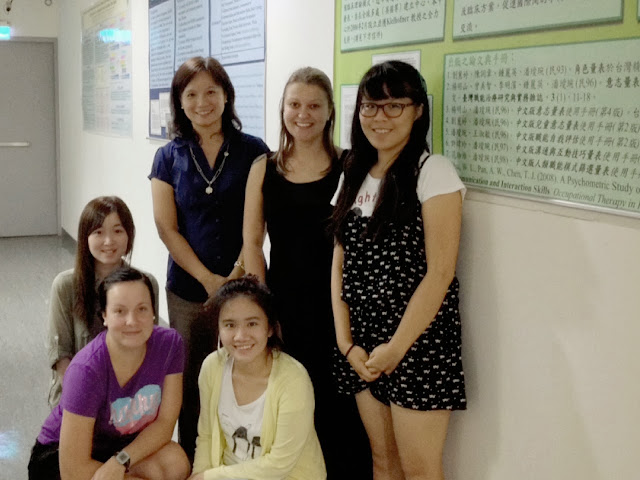Reliability and Validity of the Paediatric Volitional Questionnaire- Chinese Version Liu, L.T., Pan, A.W., Chung, L., Gau, S.S.F., Kramer, J., & Lai, J.S. Abstract Objective: The purpose of this study is to examine the psychometric properties of the Chinese version of the Paediatric Volitional Questionnaire (PVQ-C) for use amongst preschoolers in Taiwan. Methods: Forty preschoolers with developmental delays were randomly selected from northern Taiwan, along with another 40 typically developing preschoolers. The data was analysed using Rasch measurement model for construct validity and classical test theory for item reliability, intra- and inter-rater reliability, and convergent validity. Results: The results indicated the PVQ items of PVQ-C fit into a unidimensional continuum of volition (logit –6.63~3.05) with 2 items representing differential item functioning for diagnostic group. The person-fit statistics showed that 83% participants’ response could be appropriatel...




